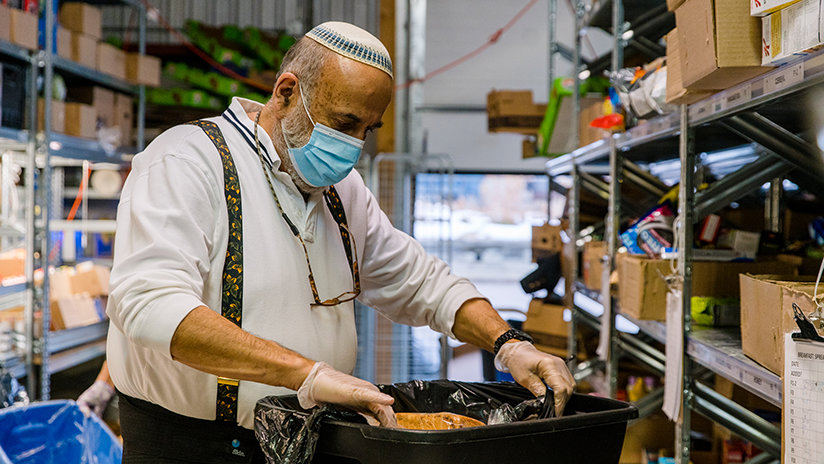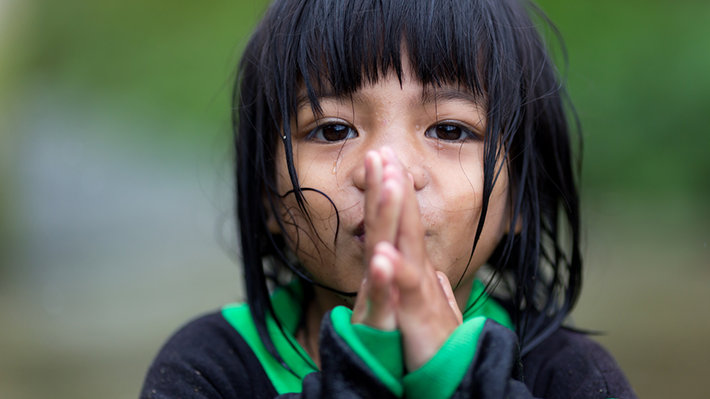
-
HOME
-
WHAT IS STANDOur Mission Our Values Our Help Contact
-
WHAT WE FIGHT FORReligious Freedom Religious Literacy Equality & Human Rights Inclusion & Respect Free Speech Responsible Journalism Corporate Accountability
-
RESOURCESExpert Studies Landmark Decisions White Papers FAQs David Miscavige Religious Freedom Resource Center Freedom of Religion & Human Rights Topic Index Priest-Penitent Privilege Islamophobia
-
HATE MONITORBiased Media Propagandists Hatemongers False Experts Hate Monitor Blog
-
NEWSROOMNews Media Watch Videos Blog
-
TAKE ACTIONCombat Hate & Discrimination Champion Freedom of Religion Demand Accountability
Why Religions Give
Saint Nicholas’ real name is Nicholas of Myra. Yes, he really existed. He was born in Patara, in what is now modern-day Turkey, around 270 BCE.
According to legend, Nicholas had inherited a large fortune from his father, and he wanted to give some of it to the poor. One night, he met a nobleman who had three daughters. The nobleman had lost everything, and because he could not afford a dowry, his three daughters could never be married.

Old Saint Nick hatched a plan. That night, he threw a sack of gold coins through the window of their house. It was enough to endow the oldest daughter and make her eligible for marriage. The following night, he deposited a second sack of gold for the middle daughter’s dowry. On the third night, he returned, only to find the window closed. Ever resourceful, he climbed up on the roof and dropped a third sack of coins down the chimney so that the third daughter could also marry. She found the coins the next morning, in a stocking she had hung by the fireplace to dry.
Christianity calls it Charity, and it is one of the seven Christian virtues—the highest form of love.
This spirit of kindness, goodwill and love is found in all religions.
Christianity calls it Charity, and it is one of the seven Christian virtues—the highest form of love.
Muslims call it Zakat—the giving of 2.5 percent of one’s surplus wealth to the poor and the needy. It is one of the five pillars of Islam.
Hindus, Sikhs, Buddhists and Jainists all call it Dāna—the practice of generosity either through assistance provided to a destitute individual or philanthropy that benefits all.
The Sikhs have a concept called Dasvandh—giving 10 percent of their income for the community good.
Hinduism also includes the practice of Karma Yoga—“selfless action performed for the benefit of others.”
Judaism calls it Tzedakah—charitable giving.
This list could go on. I see it every day this time of year when I am serenaded by the ringing of bells calling for donations to the Salvation Army’s round red pots.
I have studied and written on several of the world’s largest religions for this blog. I have been struck by how, at their core, each rests on a foundation of charity and love of others.
It is the same thought L. Ron Hubbard espoused when he said: “The most valuable asset we have, actually, is our ability to understand, to do the right thing, to be kind, to be decent. Amongst us we have occasionally the feeling like life requires that we be stern… But the only way anything ever does resolve is by letting your own kind heart reach through.”
Happy holidays.









